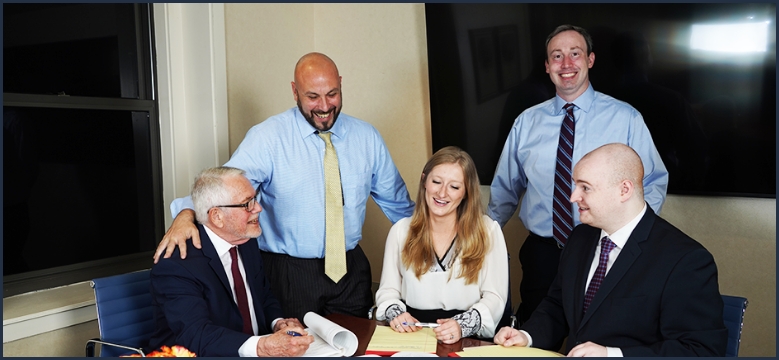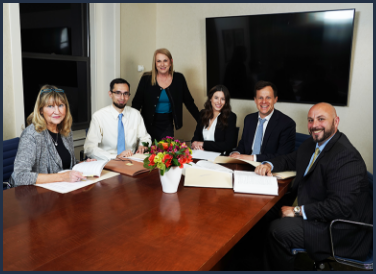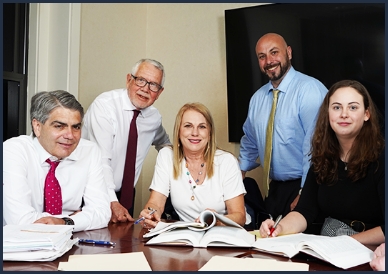Products that you use every day can cause injury or death because of a defective design, a manufacturing flaw, or because the manufacturer failed to warn you about certain product restrictions, like the amount of weight that a ladder or jack can hold, or other important information necessary to use the product safely.
The first area where a product can be defective is in its design. To prove a design defect case, an injured party must show that an alternative design existed at the time which was safer and at least as economically feasible as the original design. In addition, the new proposed product must retain the same measure of usefulness as was intended by the original design before changes were made. One of the most infamous design defect cases in recent history involved the Ford Pinto. In 1972, a Ford Pinto exploded when it was struck from behind. Six years later, a similar accident occurred. Eventually, during lawsuits brought on behalf of the dead or severely injured victims, the parties found out that Ford not only knew that its gas tank design was defective and that the design flaw would result in many deaths, but it also knew that the problem could be fixed for $11 per car. Ford chose not to fix the problem, deciding that the cost of fixing it was greater than what it would have to pay in lawsuits from the deaths, injuries, and car damages from exploding gas tanks. After many lawsuits, Ford had to fix the Pinto.
Products can also be defective if a problem occurs during manufacturing. This usually occurs in a particular batch of products made. It is often difficult to distinguish between a design defect and a manufacturing defect and that is where having an experienced and skilled products liability lawyer becomes extremely important.
Lastly, a product manufacturer, wholesaler, retailer, or marketer must label their products adequately to warn consumers of any dangers that the product may pose. Failure to warn adequately is essentially the same as not warning at all. In 1994, 79-year-old Stella Liebeck sued McDonald’s arguing that the company had a responsibility to warn her that her coffee was excessively hot and if spilled could cause severe burns. Although that case received enormous negative publicity, with the press suggesting that Ms. Liebeck collected millions of dollars for just a few burns, in reality, Ms. Liebeck suffered disabling and disfiguring burns, had hundreds of thousands of dollars in medical expenses, and received very little in actual damages after the jury award was reduced. What the “hot coffee” lawsuit did do is force companies like McDonald’s to be more careful, to either heat their coffee to a temperature that is not dangerously hot or to warn its customers.
You have a right to expect that the products you use at home or on the job are safe. Tools, medical devices, automobiles or even toys are sometimes defective and dangerous. Manufacturers and distributors often fail to put real warnings on their products. When a manufacturer has cut corners and put defective products into the marketplace or failed to put appropriate warning labels on a product and someone gets hurt, that manufacturer or distributor can and should be held accountable. It is part of doing business. And it makes us all safer. The warning labels we are all familiar with on snowblowers, power saws, ladders, electric heaters, and other commonly used products are likely there because an injured consumer sued the manufacturer to make sure that others did not get injured by inadequate warnings.
If you or a family member has been injured or killed by a defective or dangerous product, call KJC Law Firm for a free consultation.
If you are injured and unable to come to our office, we can come to see you and will determine whether you have a case. Our firm has more than 125 years of experience litigating major cases. We have the resources to investigate your claim, hire the necessary experts, and get you the compensation that you deserve. KJC Law Firm represents people from communities across Massachusetts, including the Greater Boston area, Cambridge, MetroWest, Worcester, Springfield, Cape Cod, Fall River and Lowell.













































Five Tips to Survive Your Lawsuit and Help Make It a Winner
If you’d like to share more information with us about your situation, feel free
to write as much or as little as you like below. (Not required.)